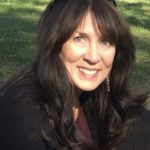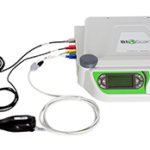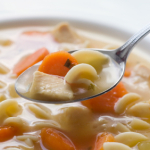There are thousands of food and cosmetic additives banned in other countries. These are the top ten…
The goal is to help you live a high quality life which starts with a strong state of health.
-
Biggest Wins Pokies in Australia
Best Online Pokies for Fun
What Are the Biggest Wins on No Registration Pokies for Players in Australia?
New AU No Deposit Casinos
Best Way to Win Pokies for Real Money
Play Free Top Pokies and Australian Pokies
What Are the Best Free Casino Pokies No Deposit Bonuses for Australian Players?
What Are the Best Real Money Pokies Games at Australian Casinos?
How Do You Win Real Money on Online Pokies?
Free Australian Pokies - Play for Fun
The Physics of Health, LLC
Phone: (303) 257-0058
Recently moved to:
18 Bovard Ave. Ormond Beach, FL 32176
Stay Connected With Us
Here’s What’s On Our Blog:
About Us

Trish Watson, Certified Nutritional Consult and BioScan Technician (303) 257-0058 Trish Watson, CNC, is the Director/ Founder of The Physics of Health, LLC which was established in 2003 to assist in improving health using the most advanced … read more>>
BioScan

General wellness biofeedback testing using FDA registered BioScan equipment. Meridian Stress Assessment biofeedback testing is used to conduct a comprehensive evaluation of a person's energetic health and balance. This process involves measuring … read more>>
Food Allergy Testing

Using Biofeedback Allergy / Sensitivity / Intolerance Testing BioScan testing uses biofeedback which identifies what sensitivities, intolerance, deficiencies and excessive levels of substances your body may have which maybe responsible for producing … read more>>